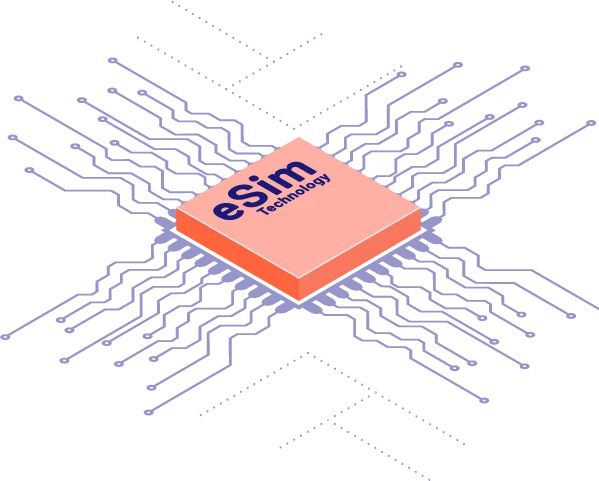Improving vehicle management by using the Internet of Things in fleet

Compliance with communications regulations, including implementation of emergency call system, or eCall.
Utilizing this technology for connected fleet management to ensure vehicle safety until arrival
Simplifying the logistics process for car manufacturers with advancements in eSIM technology and connected cars
Built to resist environmental conditions in vehicles, including high temperature, humidity & vibrations
Establishing a sustainable platform with cellular connectivity for equipment to support growing fleet needs
The introduction of eSIM (electronic SIM) technology has revolutionized the way electronic devices connect to the internet. Experts in the security sector believe that eSIM technology enables car manufacturers to meet the highest security and data protection standards while enhancing the user experience. This advancement is significant in the automotive industry and extends to other areas of the Internet of Things, offering numerous capabilities for businesses of all sizes.

The electronic SIM card technology, with its ability to change networks based on location, revolutionizes network management. Vehicles can seamlessly connect to different networks without the need to change SIM cards, thanks to this technology.
Gateways and trackers require uninterrupted communication for data transfer. eSIM technology ensures a constant network connection and uninterrupted information updates across all geographical areas.
eSIM technology safeguards sensitive data and prevents unauthorized access through robust authentication and encrypted data transmission aligned with security solutions.